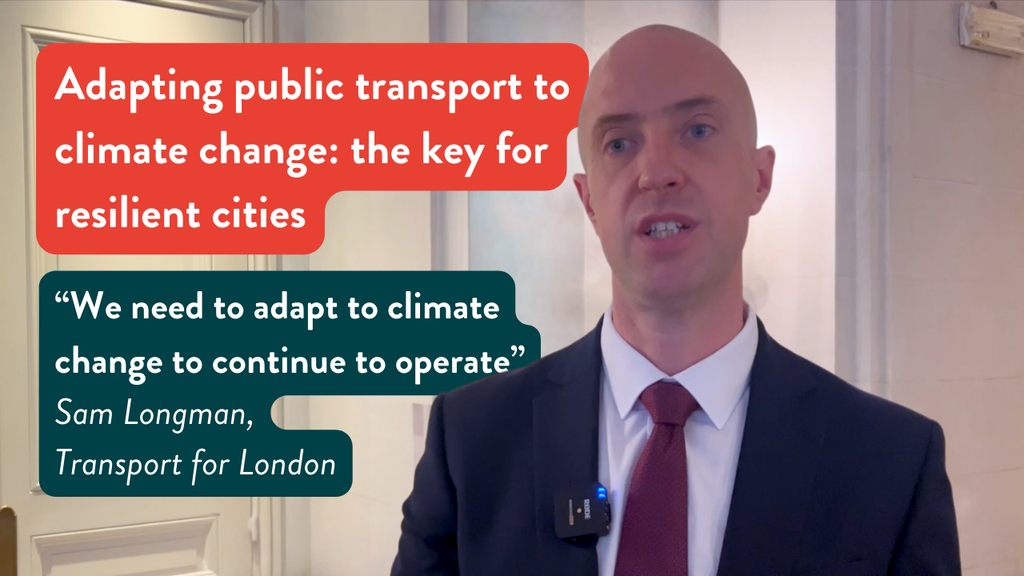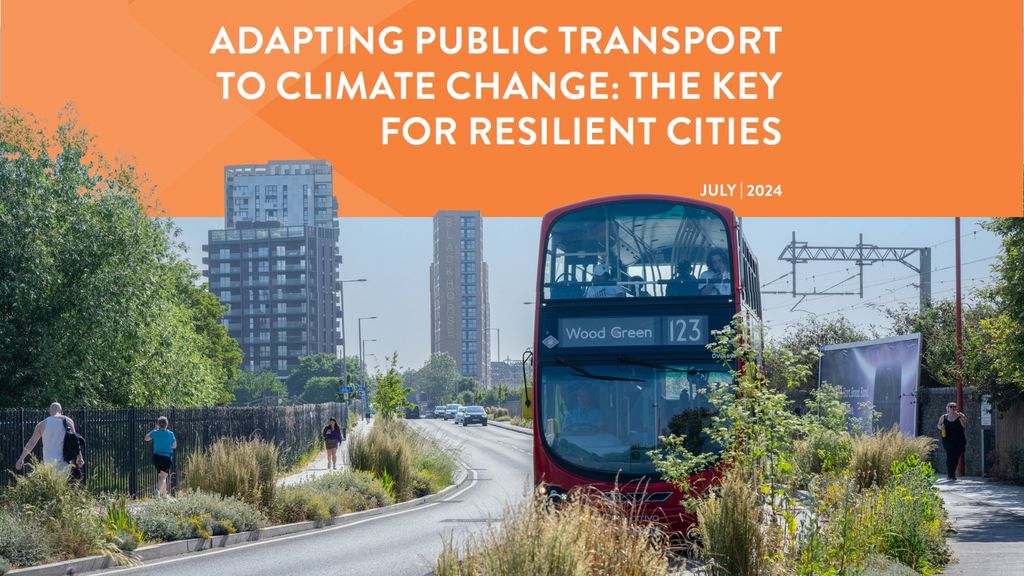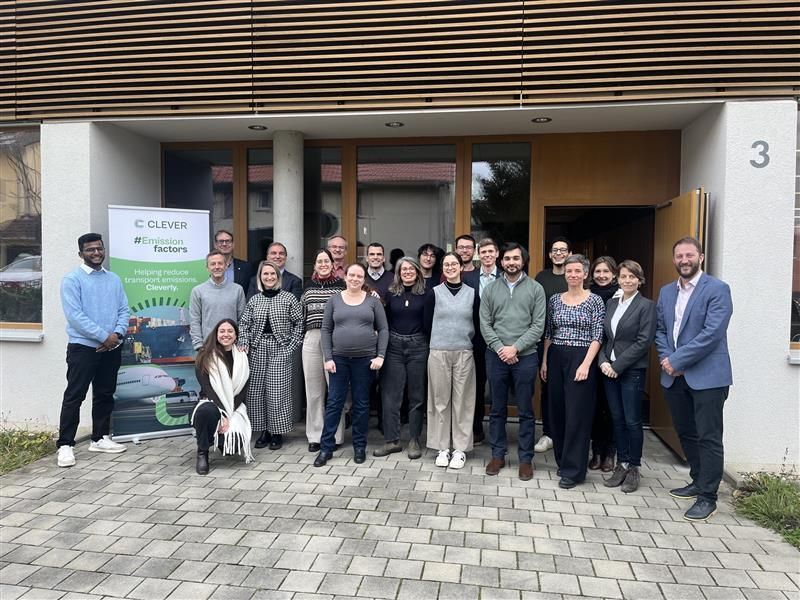
Adapting public transport to climate change: the key for resilient cities
A climate adaptation framework
As a more energy-efficient, inclusive, and cost-effective mode of transportation, public transport is crucial for enabling a sustainable future for our world. However, climate change poses significant risks to the availability and reliability of these systems, requiring us to increase adaptation efforts.
Climate change is causing more frequent extreme weather events globally, affecting public transport services and infrastructure. These impacts are forecast to worsen, making adaptation vital for improving service quality, safety, and operational resilience, while creating opportunities for more livable, nature-rich cities.
Effective adaptation ensures that public transport remains the backbone of sustainable urban mobility. It enhances the system’s resilience, supports community health and safety, and helps mitigate the socio-economic impacts of climate disruptions, fostering vibrant local economies and strong communities.
7 steps to adapt to climate change
It’s clear: the entire public transport sector needs to adapt to the realities of climate change. But undertaking this journey is a constant and iterative process for organisations. The new Climate Change Adaptation Framework guides all stakeholders in understanding climate risks and identifying and implementing effective adaptation interventions.
The Framework is process-driven, providing seven stages that can be undertaken to support all organisations from the public transport sector in considering climate risks, impacts, and practical adaptation measures to climate change.
In the Policy Brief, you will discover:
- The seven-stage climate adaptation framework
- Case studies from Ireland, Montreal, Singapore, Barcelona, and New York City
- Key recommendations to kick-start your organisation’s climate change adaptation journey
UITP members can access the Report containing the full Climate Change Adaptation Framework developed by the UITP Sustainable Development Committee, Public Transport & Mobility Authorities Committee, Transport for London, and ARUP.
Access the full report (members only) on MyLibrary: Climate Change Adaptation Framework

Contents:
- Introduction
- Why we need to adapt public transport to climate change
- Climate change impacts on the public transport sector: already a reality
- How to react for a climate resilient public transport sector?
- Key concept definitions
- Climate risks management in public transport today
- A process to adapt the sector to climate change
- The 7 stage process to climate change adaptation of public transport
- The co-benefits of adaptation and collaboration with other stakeholders
- Conclusion
Membership benefits










